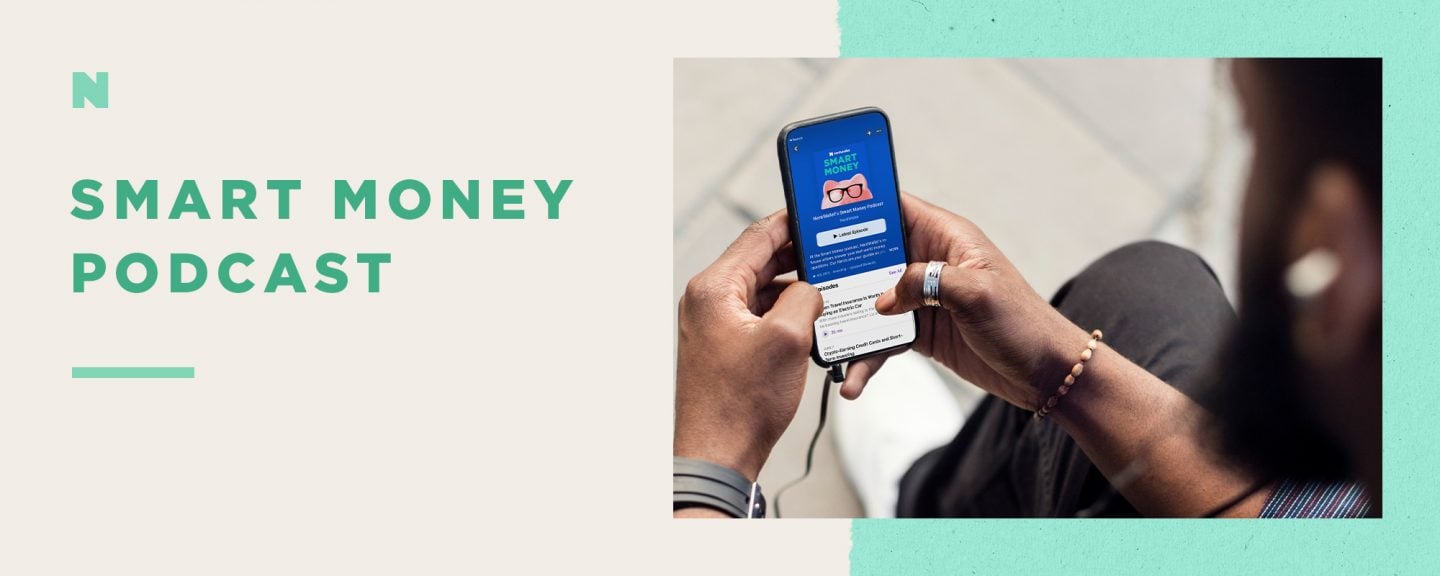With a cash-out refinance, you get a new home loan for more than you currently owe on your house. The difference between that new mortgage amount and the balance on your previous mortgage goes to you at closing in cash, which you can spend on home improvements, debt consolidation or other financial needs.
However, you'll now be repaying a larger loan with different terms, including a new mortgage rate, so it's important to weigh the pros and cons before committing to a cash-out refi.
What is a cash-out refinance?
With a standard rate-and-term refinance, you get a new interest rate or mortgage term without changing the balance of the loan. You might do this because rates have gone down, for example, and you want a lower monthly payment or because you need to add or remove a borrower.
In contrast, a cash-out refinance gives you a new loan that's larger than your current mortgage balance — and you pocket the difference.
How much cash you’re eligible to access depends upon your home equity — how much your home is worth compared to how much you owe.
How much cash can you get from a cash-out refinance?
Steps to getting a cash-out refinance
Determine your home equity. Home equity is the market value of your home minus what you still owe. For example, if your home is worth $300,000 and you have $100,000 remaining on your loan, you have $200,000 in home equity.
Calculate the maximum loan you can take out. In general, that’s 80% of your home’s value. Using the previous example, you would multiply $300,000 times 0.80 for a maximum of $240,000. Remember that this isn’t the same as 80% of the purchase price; your home’s value may be different now than it was when you bought it.
Subtract your current mortgage balance. From that new $240,000 loan, you’ll have to pay off what you still owe on your home: $240,000 - $100,000 = $140,000.
Estimate your total. In a cash-out refinance, you receive the difference between the balance on your previous mortgage and your new, larger mortgage. In this example, it's as much as $140,000.
Shop rates from multiple lenders. This will help you to get the best deal.
Weigh alternatives. Once you’ve researched available rates, calculate your new monthly mortgage payment and determine if it makes sense and is affordable for you. If not, you may be better off pursuing another type of loan.
Submit an application. As with your original mortgage, you’ll have to go through the appraisal and underwriting process before closing on the loan and accessing your cash.
Just like with your first mortgage, you’ll have to pay closing costs and fees on a cash-out refinance. These can total 2%-6% of the loan amount. In our example, closing costs for a $240,000 loan could range from $4,800 to $14,400.
Cash-out refinance requirements
In order to get a cash-out refi, you'll have to meet lender requirements. These can vary across lenders, so it's smart to shop around for the best interest rate.
But you'll likely need to meet these qualifications:
Debt-to-income ratio
Your DTI is your monthly debt payments, including your current mortgage, divided by your gross monthly income. For a cash-out refi, you'll usually need a DTI of 45% or less. If your DTI is over 45%, you may be required to have six months of reserves in the bank.
Credit score
You may qualify for a cash-out refinance with a score of 620, but a higher credit score will help you get a better interest rate.
Home equity
You'll usually need at least 20% equity in your home to qualify for a cash-out refinance. In other words, you'll need to have paid off at least 20% of the current appraised value of the house.
Seasoning requirement
With a conventional loan, you'll need to have owned the house for at least six months to qualify for a cash-out refinance, regardless of how much equity you have. Lenders might make an exception if you inherited the property or it was otherwise legally awarded to you.
VA loan borrowers must wait at least 210 days, while borrowers who have a loan backed by the Federal Housing Administration need to have lived in the home for at least 12 months before doing an FHA cash-out refinance.
Mortgage loans from our partners
Mortgage loans from our partners
Pros and cons of a cash-out refinance
A cash-out refinance can be a wise move or a risky one, depending on your financial situation and how you plan to spend the money.
In a cash-out refinance, you can access a large amount of cash at a relatively low interest rate (compared to personal loans or credit cards, for example). However, since you’re using your home as the collateral, you risk losing your home if you can’t make the payments.
Before you sign, think through these pros and cons.
Pros:
Potentially lower interest rate. Though cash-out refinance rates tend to be higher than rate-and-term refinance rates, you might still end up with a lower interest rate if mortgage rates were higher when you originally bought your home. However, if you only want to lock in a lower interest rate on your mortgage and don’t need the cash, a rate-and-term refinance makes more sense.
Just one loan. Since it's a refinance, you'll deal with one loan payment per month. Other ways of leveraging home equity require a second mortgage.
Access to more funds. Cash-out refinances are helpful with major expenses, like a home renovation or college tuition, because you generally can borrow much more than you could with a personal loan or by using credit cards.
Helpful for debt consolidation. Using the money from a cash-out refinance to pay off high-interest credit cards could save you thousands of dollars in interest.
May build credit. Paying off your credit cards in full with a cash-out refinance may build your credit score by reducing your credit utilization ratio — the amount of available credit you’re using.
Cons:
Foreclosure risk. Because your home is the collateral for any kind of mortgage, you risk losing it if you can’t make the payments. For this reason, experts usually advise against using one to pay off unsecured debt, like credit card balances.
New terms. Your new mortgage will have different terms from your original loan, so review them carefully to understand what changed. Also, take a look at the total interest you'd pay over the life of the loan. Assuming you're refinancing into a new 30-year mortgage, that could add years of repayment, possibly piling on a substantial amount of interest — even if you've lowered your rate.
Time-consuming. You're getting a new mortgage, and while you won't jump through all the hoops of a purchase loan, underwriting can still take weeks. If you need funds urgently — maybe your leaky roof is causing serious water damage and needs replacing ASAP — refinancing may not be your best bet.
Closing costs. You’ll pay closing costs for a cash-out refinance, as you would with any refinance. Refinance closing costs are typically 2% to 6% of the loan. That’s $4,800 to $14,400 for a $240,000 refi. This can take a big bite out of the cash you'll receive at closing.
Alternatives to cash-out refinance
There are ways to tap into your home equity without doing a cash-out refinance. Home equity loans and home equity lines of credit (HELOCs) also allow you to borrow against your home equity. They're both types of second mortgages, which means you take them out in addition to your current mortgage.
Home equity loan
With a home equity loan, you borrow a lump sum — not too different from what you'd get with a cash-out refinance. However, since you aren't touching your primary mortgage, its interest rate won't change. With a home equity loan, you can typically borrow around 80% or more of your home’s value, minus what you still owe.
Home equity line of credit
A HELOC is more flexible, giving you a line of credit that you draw from as needed. Most HELOC lenders let you borrow up to 80% of your home’s value, minus what you still owe, though some lenders set higher or lower limits.
Both home equity loans and HELOCs have minimal closing costs, but because they are second mortgages, their rates are generally higher than you'd get with a cash-out refinance.
Is a cash-out refinance a good idea?
A cash-out refinance can make sense if you're able to get a good interest rate on the new loan. The answer also depends on what you plan to do with the money. Seeking a refinance to fund vacations or a new car isn't a good idea because you'll have little to no return on your money. On the other hand, using the money to fund a home renovation can rebuild the equity you're taking out.
Either way, you’re using your home as collateral for a cash-out refinance, so it's important to make payments on your new loan on time and in full.

















